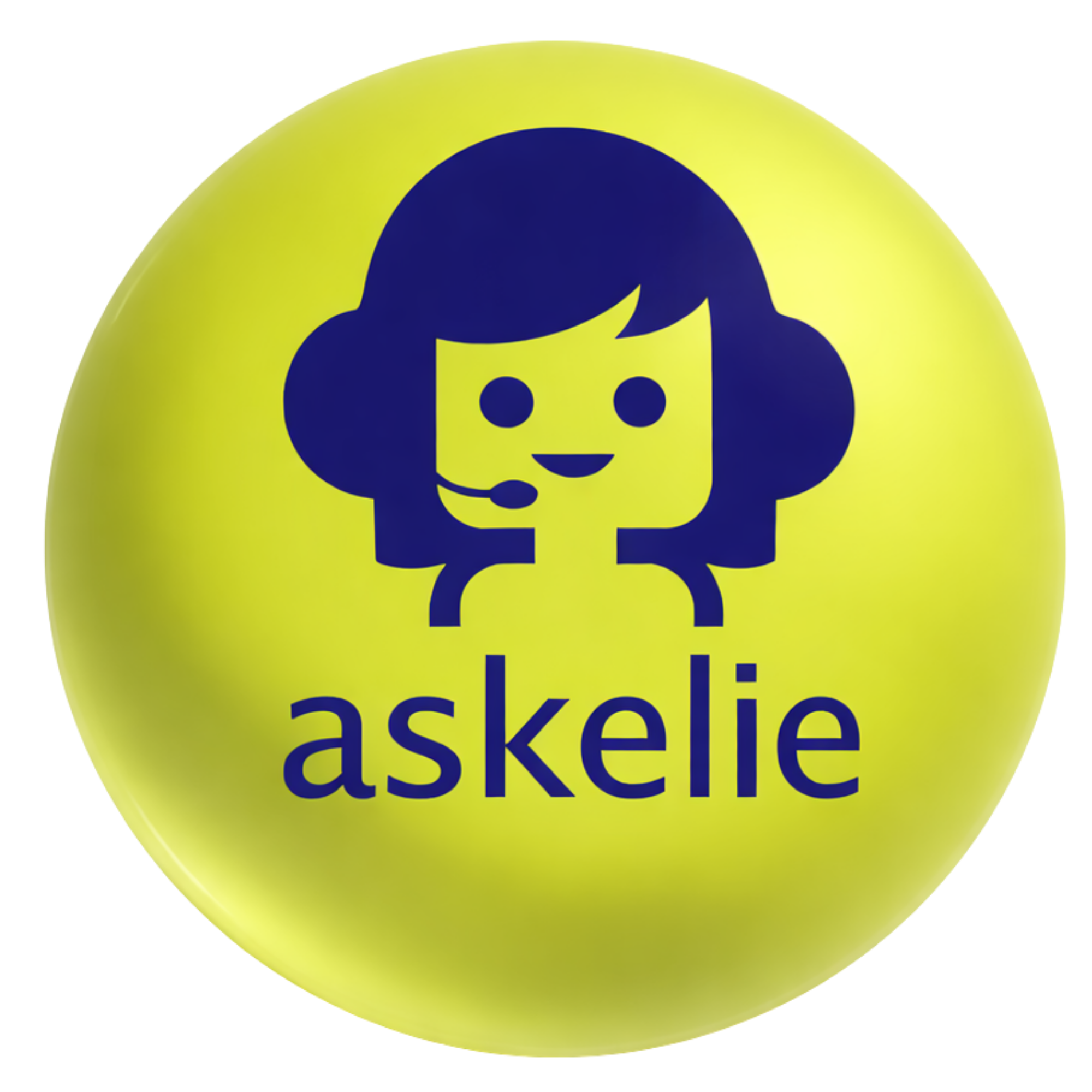AI Labour Gaps: How AI Turns a Cost Centre into a Competitive Edge in 2025
AI Labour Gaps: How AI Turns a Cost Centre into a Competitive Edge in 2025
AI labour gaps are widening as talent shortages, rising wage demands, and economic uncertainty put pressure on every department. For many leaders, the challenge is not growth – it is capacity and this has meant that UK businesses are dealing with one of the toughest workforce challenges in recent memory.
At the same time, costs keep climbing. Employer National Insurance contributions, energy bills, and supply chain inflation all add to the pressure. Budgets are under scrutiny, teams are stretched thin, and leaders are searching for ways to deliver more with less.
This is where conversational AI steps in. Not as a futuristic idea, but as a reliable support system that keeps staff productive, compliant, and focused – without constantly hiring more people.
How AI Labour Gaps Are Changing UK Business
Data from the Office for National Statistics and the Confederation of British Industry shows recruitment challenges across healthcare, professional services, logistics, and administration.
Key causes include:
- Skills shortages in digital and operational roles
- Slow onboarding and training for new hires
- Burnout and retention issues across support teams
- Rising salary expectations, especially in major cities
- Brexit-related impacts on labour supply
These AI labour gaps force organisations to make tough choices – either do less with the same people or find smarter ways to scale output without adding headcount. That is why automation has shifted from a “nice to have” to a necessity.
What Makes Conversational AI Different?
Most businesses already use some form of automation – routing, approvals, or basic data capture. But conversational AI, especially platforms like AskElie, goes further. It integrates with your existing systems and lets staff interact with information using natural language.
Think of it as a digital colleague who is:
- Always available
- Never forgets the rules
- Can handle dozens of queries at once
- Maintains compliance and traceability
- Costs a fraction of a full-time employee
This turns routine admin into a solved problem, directly easing the strain of AI labour gaps.
Key Use Cases Where Labour Gaps Hurt Most
1. Onboarding and Training
Hiring may be slow, but when it happens, speed matters. AskElie gives instant answers, links to guides, and policy reminders so new hires get productive quickly without relying on someone else’s calendar.
2. Internal Helpdesks and IT Support
Support teams are swamped with forgotten passwords, access requests, and system queries. AskElie can triage, respond, and escalate, reducing ticket volume and improving resolution times.
3. Document and Policy Requests
Instead of chasing managers or compliance teams, staff simply ask AskElie. The latest version of a template, policy, or guidance note appears instantly, complete with audit logs.
4. Process Follow-up
From invoice chasing to contract sign-offs, conversational AI sends reminders, logs actions, and flags delays. No more bottlenecks caused by human prompting.
Making Compliance and Automation Work Together
In regulated industries, compliance is often seen as a blocker to automation. AskElie removes that tension:
- AI responses are grounded in your policies, documents, and workflows
- Every action is logged with time, user, and response details
- Role-based access protects sensitive data
- Human-in-the-loop options allow review and override
This means businesses can confidently automate while addressing AI labour gaps, knowing auditors and regulators will be satisfied.
askVERA: Closing the Accessibility Gap
Labour shortages impact inclusion too. Many teams lack the time to produce accessible materials for people with learning difficulties or low literacy.
askVERA automatically converts documents, policies, and contracts into Easy Read formats. This keeps you compliant with the Equality Act while ensuring access for all – an essential safeguard in environments already stretched by AI labour gaps.
The Business Impact
By introducing conversational AI, organisations reduce:
- Email volume
- Waiting times for answers
- Errors caused by outdated or inconsistent advice
- Time wasted chasing approvals or processes
- Dependency on individual staff for knowledge
And they increase:
- Response speed
- Consistency across teams
- Data accuracy
- Policy compliance
- Staff satisfaction
Most clients see ROI within weeks – not months.
Case Study: UK Medical Distributor
A mid-sized distributor of medical equipment was struggling with staff churn and long training times – classic AI labour gaps.
Before AskElie:
- Internal queries about pricing, returns, and delivery flooded inboxes
- New hires took weeks to get comfortable with systems and policies
- Outdated templates led to mistakes and client complaints
After AskElie:
- Staff asked natural language questions like “How do I process an NHS return?”
- Answers and documents were pulled from the approved knowledge base
- Audit logs gave compliance and QA teams clear oversight
Result: A 41% drop in internal support emails and faster client turnaround.
Final Thought: Rethink the Way You See Cost
When costs rise and hiring slows, most businesses push existing staff harder. The result is burnout, errors, and frustration.
A smarter approach is to stretch your capability, not your people. Conversational AI supports staff, removes friction, and lets human effort focus on high-value work.
AskElie is not an expense – it’s a multiplier. It makes processes smarter, people more effective, and organisations more resilient.
If you are feeling the pressure of AI labour gaps and rising expectations, it is time to see AI not as a threat but as your partner.


